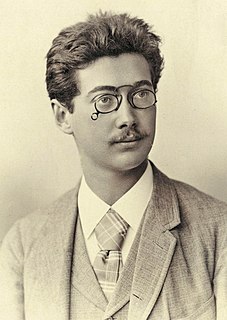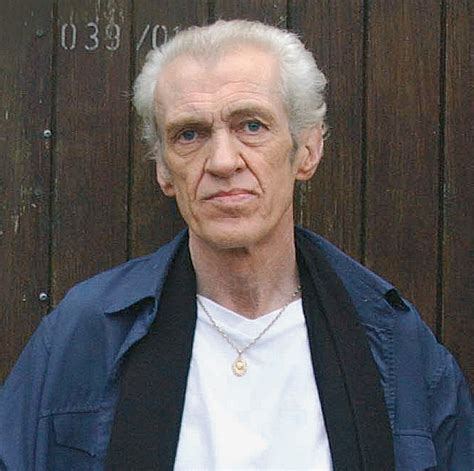A Quote by Vivian Gornick
I don't know if memoirs can produce literary work of the first order. But I do know that novels are doing it only rarely.
Related Quotes
All I am in private life is a literary critic and historian, that's my job...And I'm prepared to say on that basis if anyone thinks the Gospels are either legends or novels, then that person is simply showing his incompetence as a literary critic. I've read a great many novels and I know a fair amount about the legends that grew up among early people, and I know perfectly well the Gospels are not that kind of stuff.
Lately I've been thinking about the idea that all novels are, at least in some way, about the process of writing a novel - that the construction of the book and the lineage of people constructing novels are always part of the story the author is telling. I think the equivalent for memoir should be that all memoirs are, in some way, about the process of memory. Memoirs are made out of a confusing, flawed act of creation.
All my novels are rooted in their time and in their place. The place of my novels is Israel, almost without exception. Almost without exception, my novels are rooted in Israel because that's the place I know well. And, that's my gutsy advice to any young writer: write only about what you know well. Don't write about that which you don't know.
Why should a novelist not also be a historian? To force unnatural divisions within the English language is to work against its capacious and accommodating nature. To expect a writer to produce only novels, or only histories, is equivalent to demanding from a composer that he or she write only string quartets or piano sonatas.




































